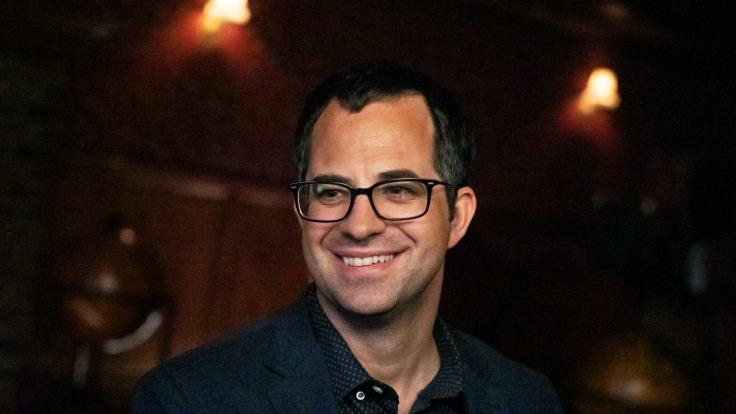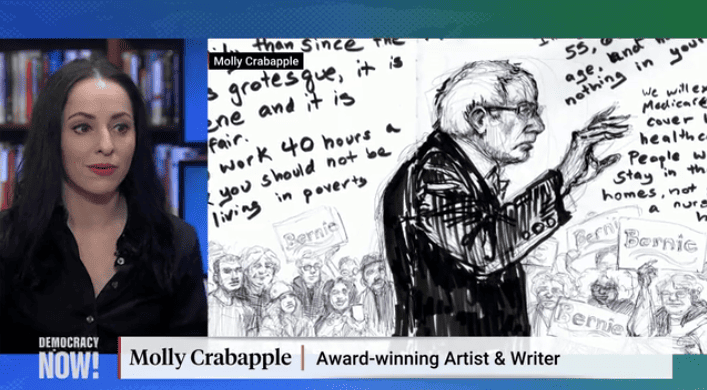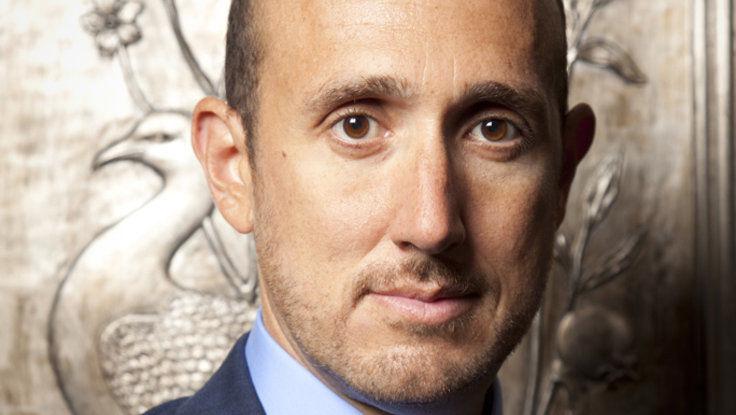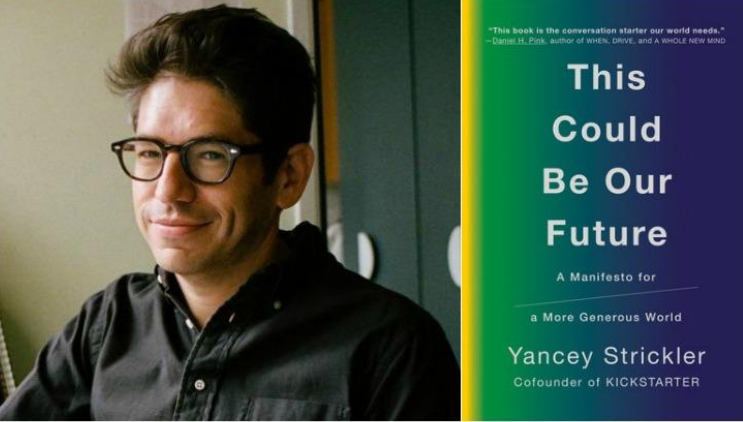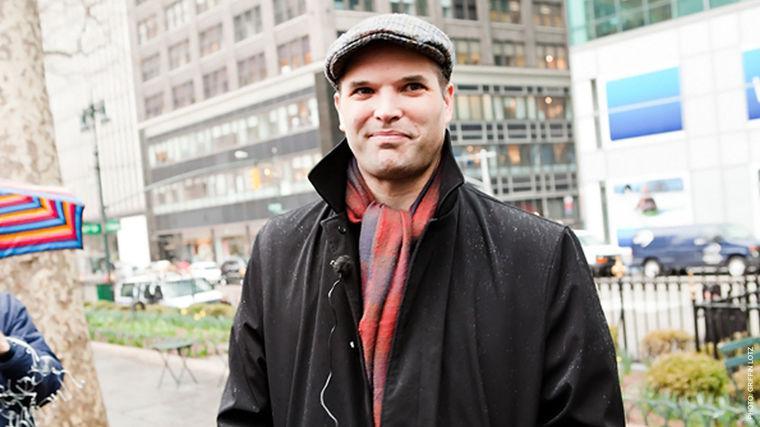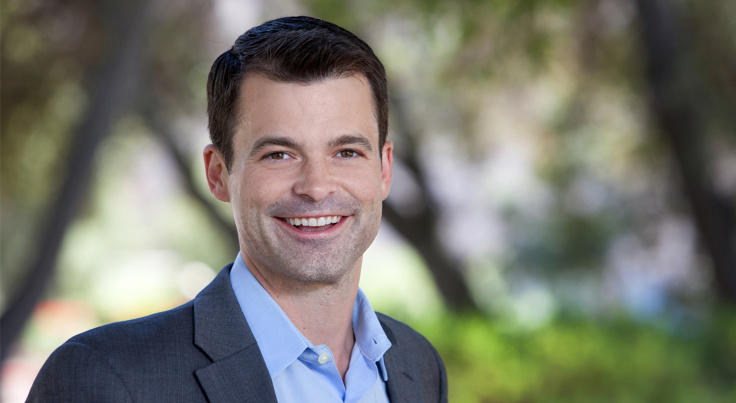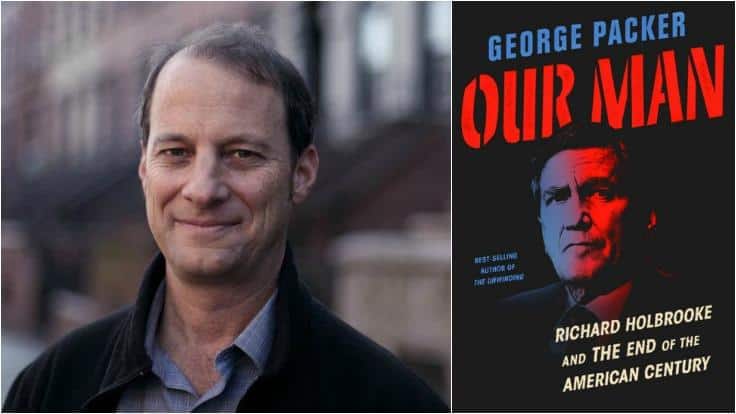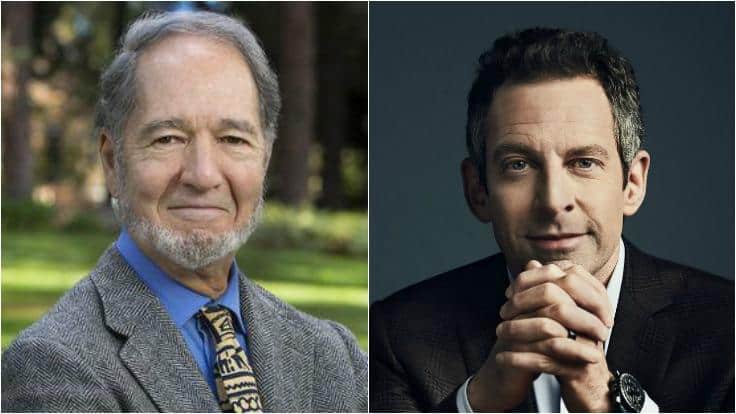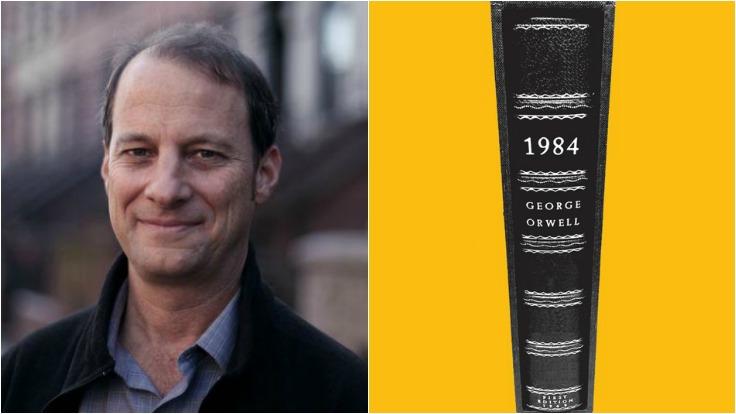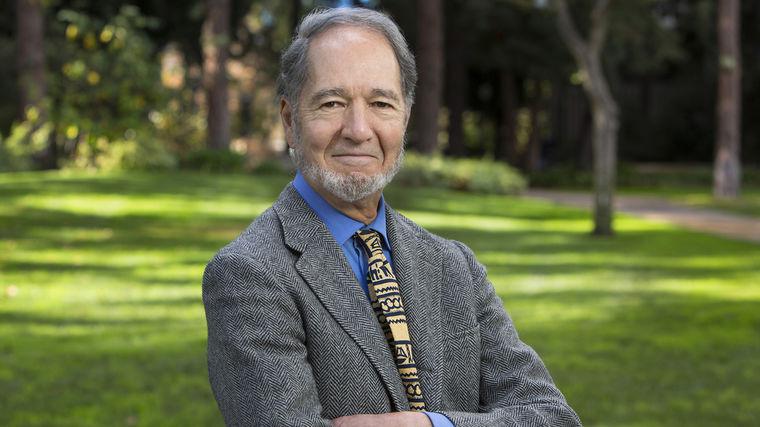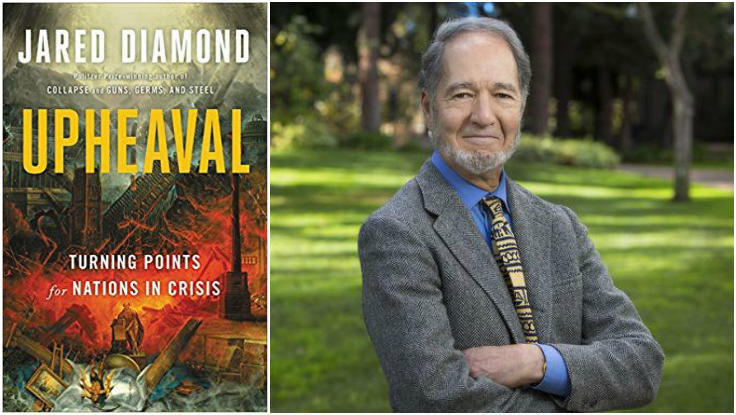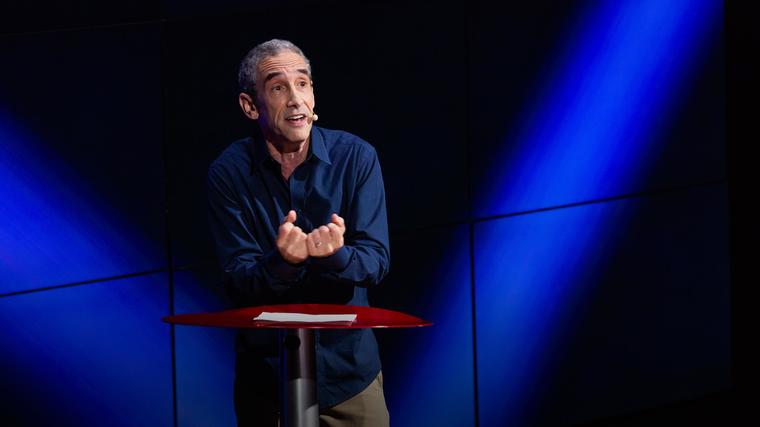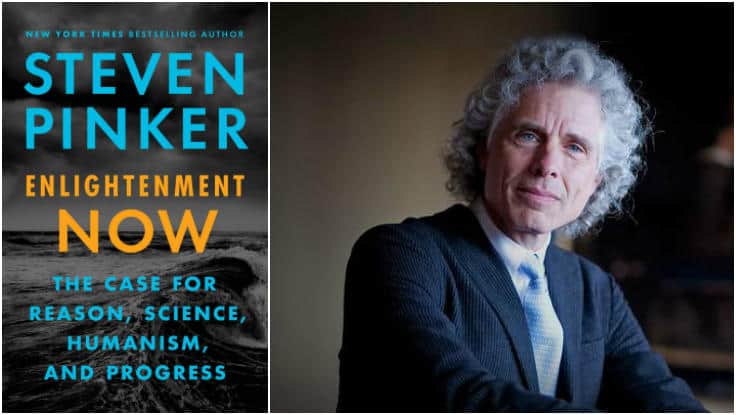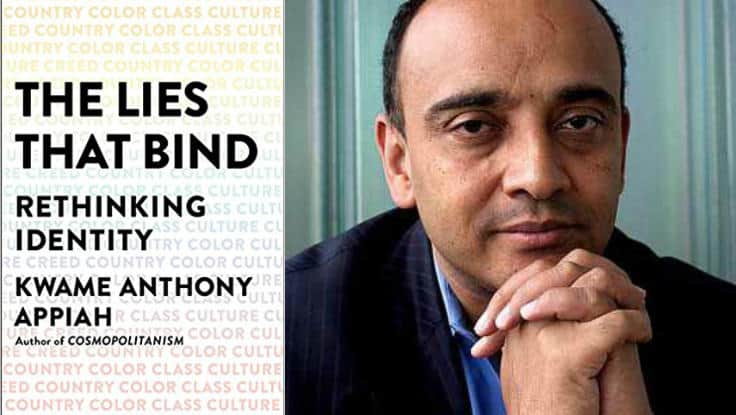Jay Van Bavel is a professor of Psychology and Neural Science at New York University. He speaks frequently about political polarization and ‘the partisan brain,’ exploring why so many people are willing to put party over policy, and oftentimes, even over truth. In his latest for The Washington Post, Van Bavel explains why polarization becomes more dangerous during a pandemic.
“There are many reasons people might not be heeding experts’ advice [about the coronavirus], from the overconfidence of youth to psychological denial to exposure to misinformation,” writes Jay Van Bavel. “But several polls released over the past few weeks suggest that a partisan divide might be partly to blame.”
Democrats appear to be preparing for the worst, with 68% reporting they’re worried about someone in their family catching the virus, compared to just 40% of Republicans. And while Google searches on the pandemic are on the rise—regardless of political affiliation—the rampant misinformation from outlets such as FOX news, has impacted public response. According to studies, there has been “stark partisan differences on hand washing, social distancing, travel, and other pandemic-related behavior.”
Fortunately, it appears that the deadly reality of COVID-19 will soon puncture the partisan divide. Van Bavel writes, “As the pandemic bears down on America and people start to see their friends and family hospitalized with life-threatening illness, you can expect to see the partisan-colored lenses start to clear up. You’ll likely see Republicans heed the advice of experts and hunker down to protect themselves and their loved ones.”
Read his full article here.
To book speaker Jay Van Bavel for your next virtual keynote session, contact The Lavin Agency today, his exclusive speakers bureau.
